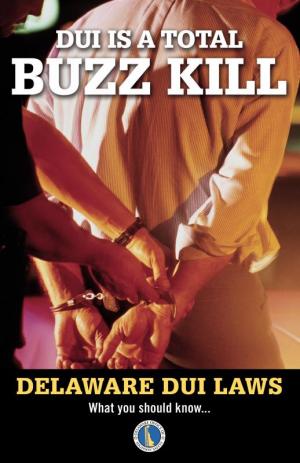A recent press release from Delaware’s Office of Highway Safety stirred the gears in my brain. It noted that from now through February, agents from the state’s Division of Alcohol and Tobacco Enforcement will be going undercover in bars. “If agents view an intoxicated patron being served alcohol, the server and the establishment may be charged criminally,” says the release.
“These operations are part of highway safety’s effort to reduce the number of motorists killed every year from impaired driving. To date in 2016, 39 people have lost their lives due to impaired driving on Delaware roadways.”
Are these kind of efforts, checkpoints and public relations campaigns having any kind of impact in Delaware? I asked Lisa Flowers, who handles public relations for highway, what the stats are showing for the past few years. They definitely grabbed my attention. They show that overall fatalities on our state’s roads increased from 124 in 2014 to 133 in 2015. Wrong direction. But as of Dec. 21 in 2016, fatalities had decreased to 116, almost a 13 percent decline. Definitely the right direction.
The numbers are more dramatic for DUI-related fatalities. While total 2015 DUI fatalities were up to 72 in 2015 compared to 70 in 2014, by Dec. 21 in 2016 that number had almost halved to 39.
Pedestrian fatalities in 2015 hit the 36 mark but this year have also declined significantly, to 26. I asked Flowers what she felt was contributing to the positive trend. She provided a thoughtful response:
“It seems like our messaging on impaired driving and enforcement of Delaware laws on impaired driving are making a difference. We’ve been really visible with our messaging this year to include traditional media such as billboards, radio, TV, etc., and also on social media.
“The real difference, however, comes in the conversations about impaired driving we have in our homes, offices, and communities.
Choices matter. And when someone makes a choice to get behind the wheel, there can be deadly consequences. We hope that when people see the statistics, see the messaging and enforcement, they will realize the danger involved when drinking and driving – and that they will change their behavior – change their driving habits altogether – and NOT drink and drive.”
At a recent meeting in Rehoboth Beach featuring Urban Land Institute Senior Planner Ed McMahon, he was asked about the use of regulations. He said he wasn’t a big fan of regulations but valued them when they prevented bad things from happening.
Regulations involving drunk driving are clearly aimed at preventing extremely bad things from happening.
Delaware continues to go after drunken drivers aggressively from an enforcement point of view, and is maintaining a highly visible public education campaign, to hit the problem from both sides.
For now, at least, the strategy appears to be working. Hopefully we will see a continuation of these trends in 2017.
























































